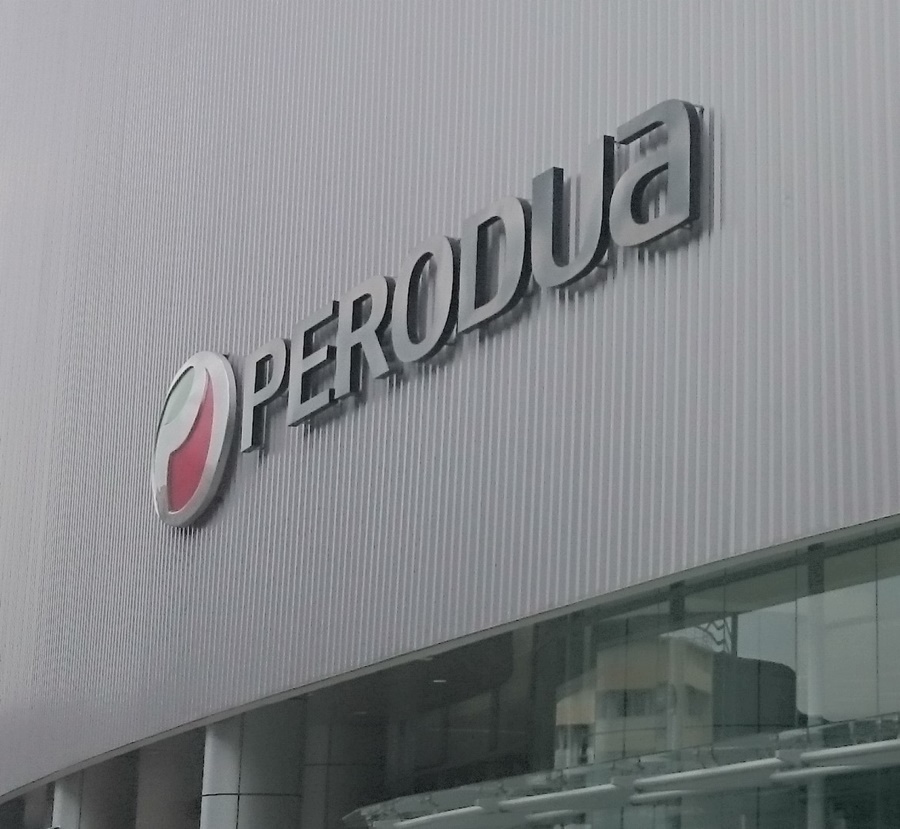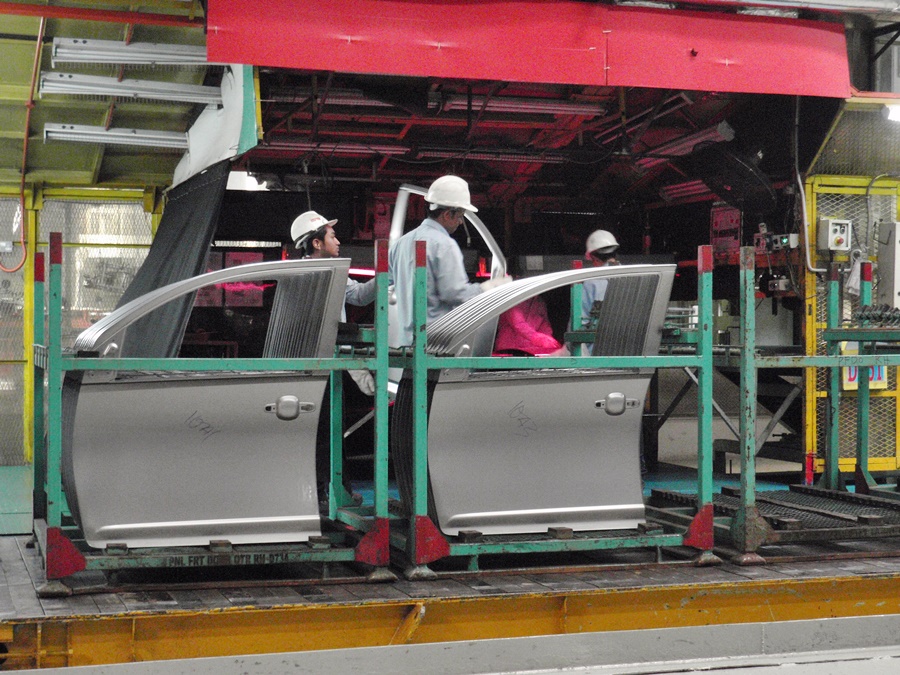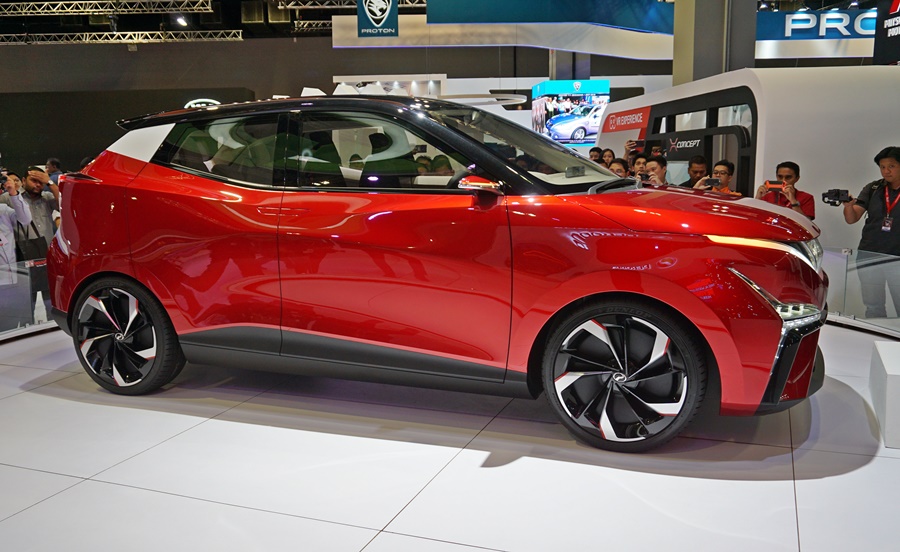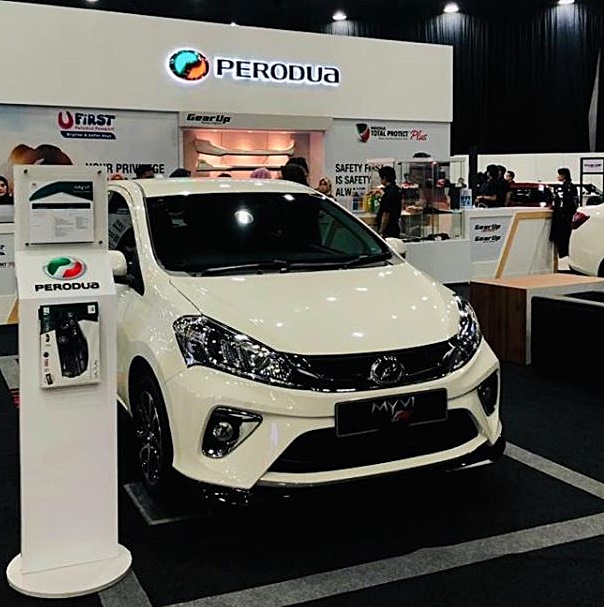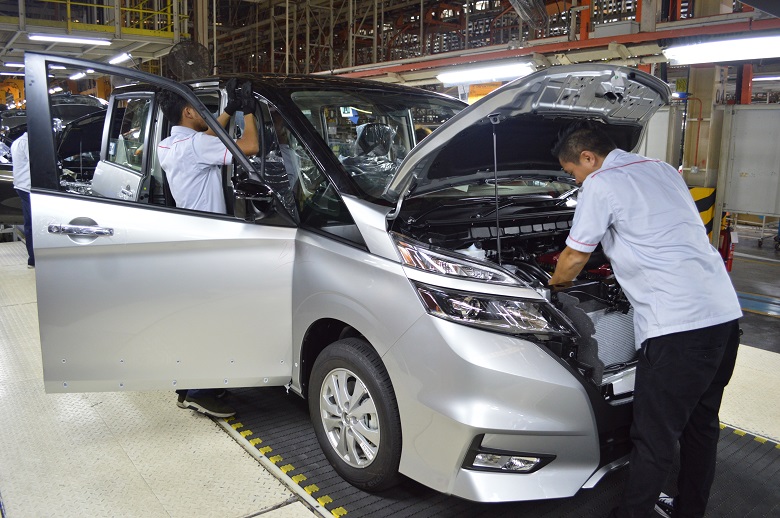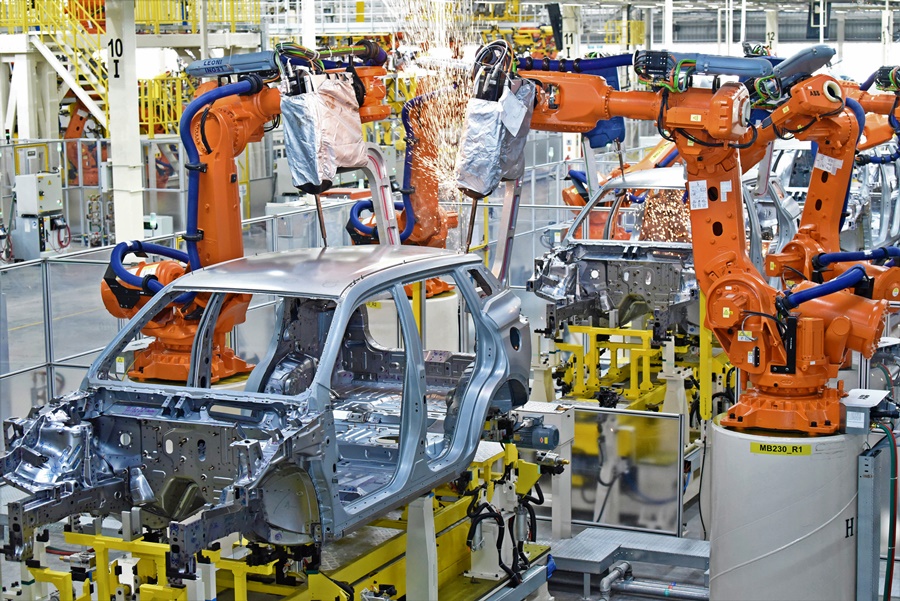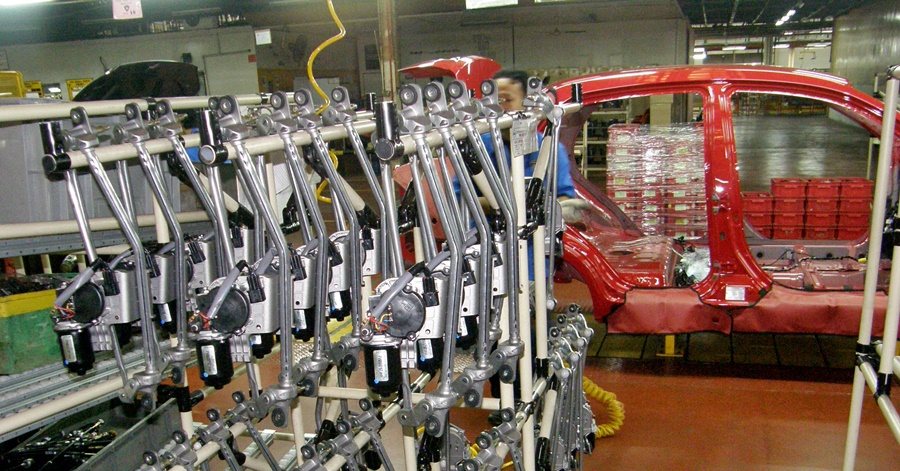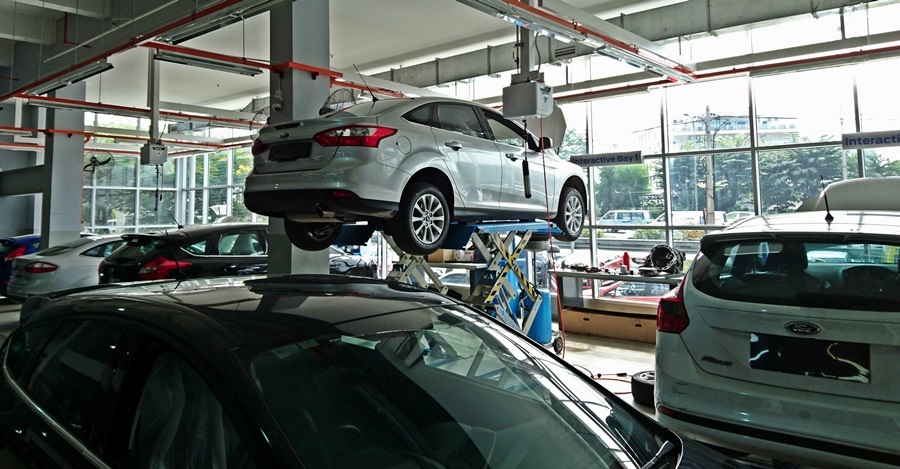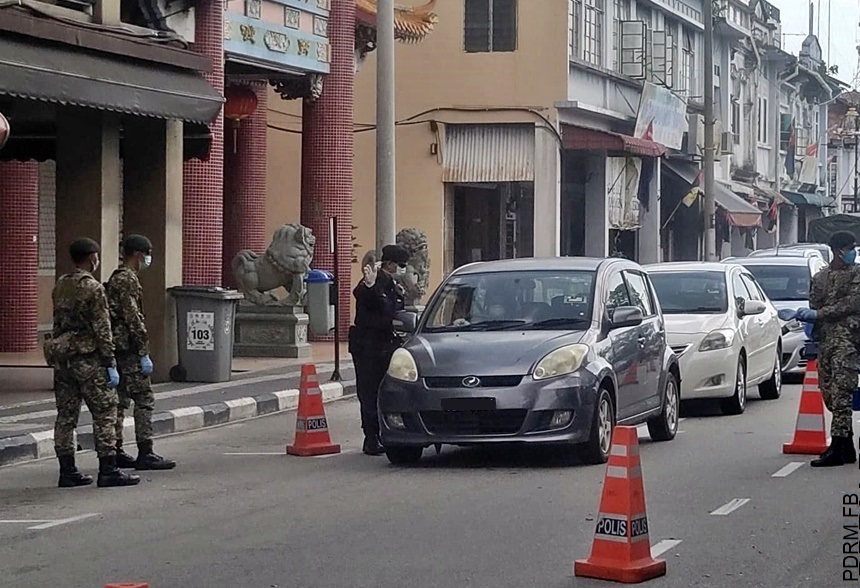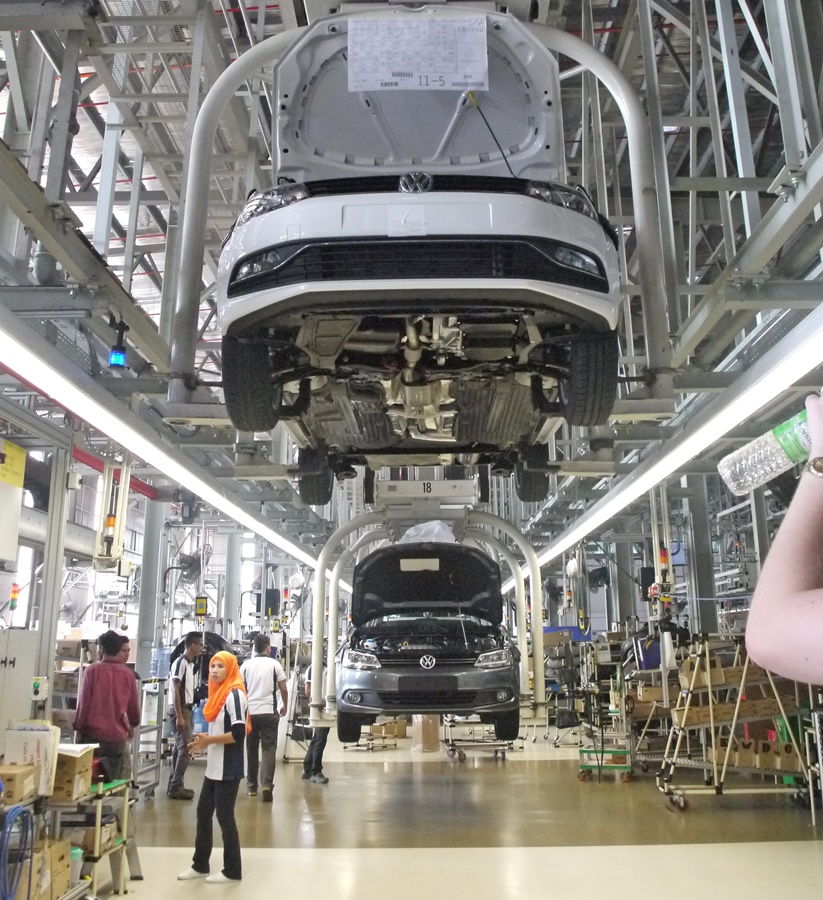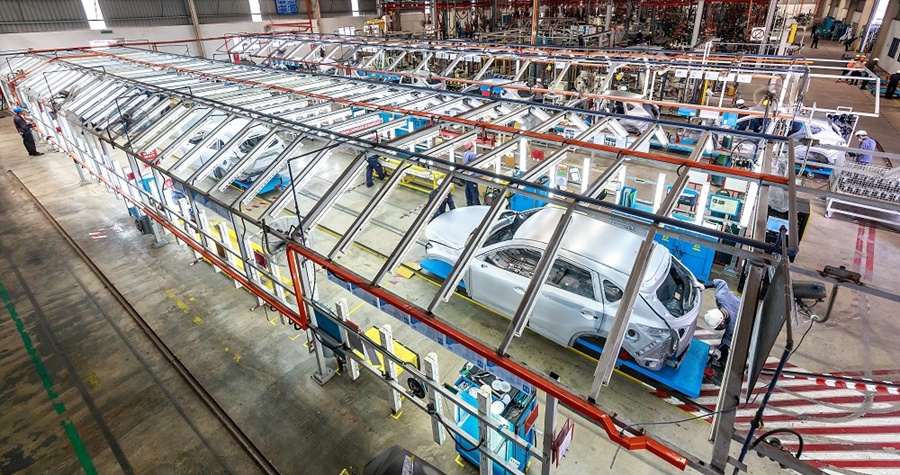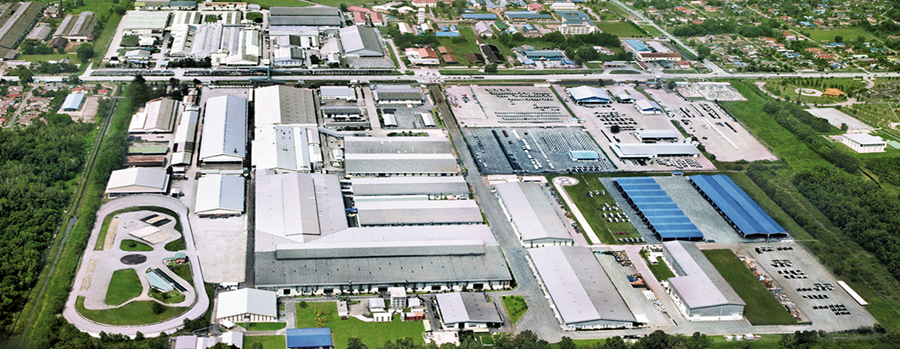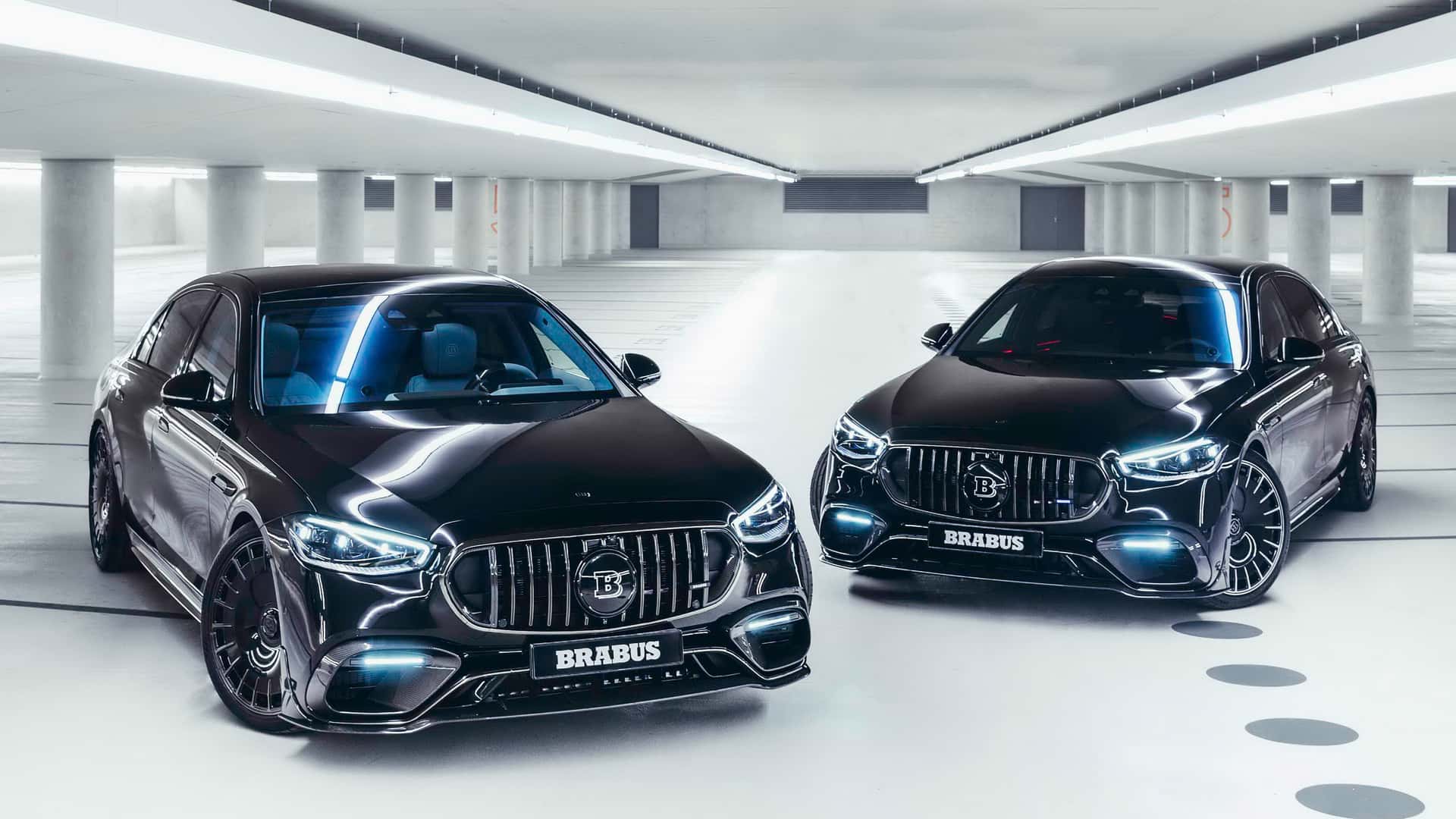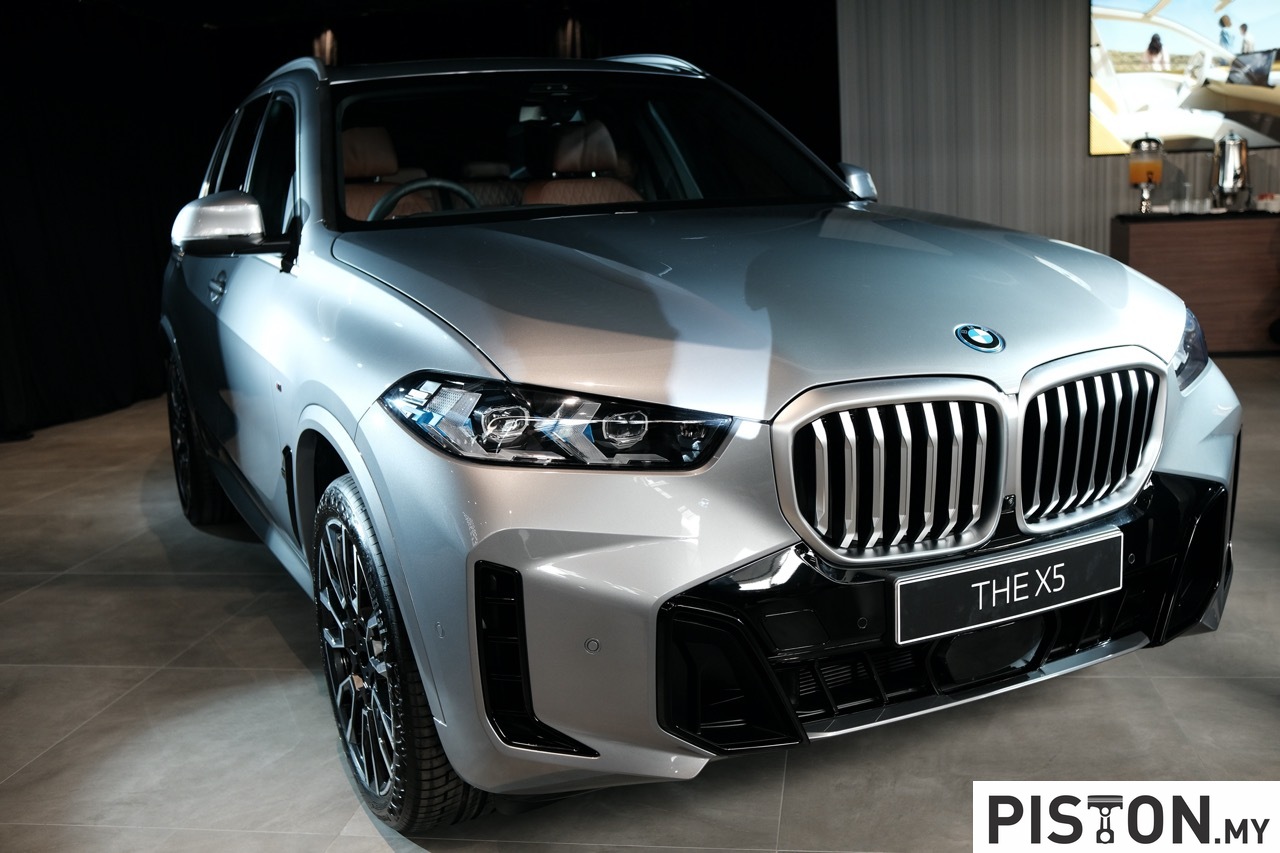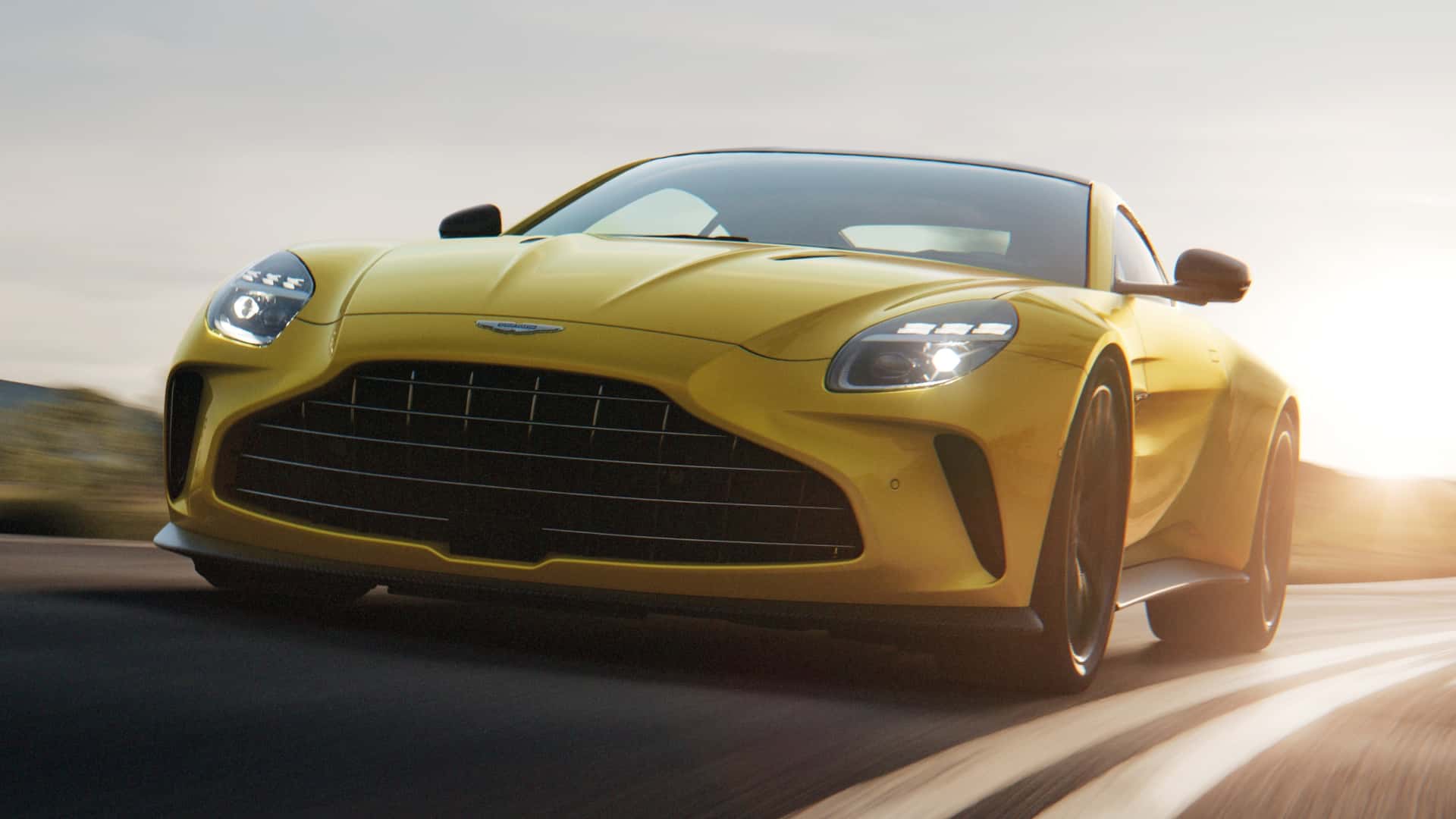‘Perodua Smart Build’ is officially launched today as the Malaysian carmaker’s first sustainable blueprint. It encompasses nearly the entire Malaysian automotive supplier and dealer ecosystem, with the aim of moving the industry towards greater globalisation in the future.
Explaining the blueprint, Perodua President & CEO, Dato’ Zainal Abidin, said, “Perodua Smart Build is an evolution of what Perodua and the Malaysian automotive industry were originally set up to do: to create a sustainable and robust automotive ecosystem.”
He said that Perodua Smart Build is also Perodua’s ‘Transformation 3.0’. It builds upon its previous milestones which began with the first transformation phase in 2011. At that time, the company worked towards building the Energy-Efficient Vehicle (EEV) ecosystem, stop defect outflow, set up Perodua Global Manufacturing Sdn Bhd, and change Perodua’s mindset to be quality conscious.
Transformation 2.0, which followed, was focussed on customer satisfaction, organisational development and the fostering of unity within the entire Perodua Group of Companies.
“Now, we are at the third phase of transformation to ‘build’ a sustainable future for both Perodua and its partners to a point where we will be able to find our own niche in the automotive industry,” Dato’ Zainal said.
He said that under ‘Transformation 3.0’, Perodua is working together with its business partners to rationalise the gap in quality, cost and delivery within the automotive ecosystem and get the industry to be in ‘the right size’.
Dato’ Zainal also said that Perodua is also working with all its partners to see where existing expertise can be utilised beyond Malaysia. He gave the example of how Perodua staff are now working to design Daihatsu models in Japan as part of Perodua’s effort to export local expertise abroad.
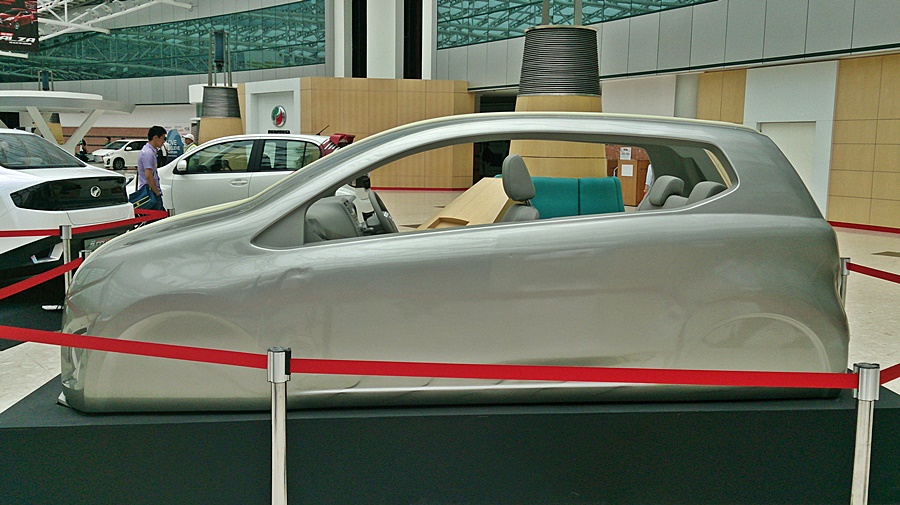
Dato’ Zainal said Perodua will continue to leverage on its close partnership with Daihatsu to realise Perodua Smart Build’s objective. “Perodua Smart Build will be accomplished with the help of our shareholder, technology and technical partner Daihatsu Motor Company of Japan; and the Malaysian government who had the foresight to create this ecosystem for the benefit of the country,” he said.
According to Dato’ Zainal, Perodua Smart Build is designed to help Perodua and the automotive ecosystem reap the benefits of the National Automotive Policy by making the industry more competitive and progressive.
Chief among the components of Perodua Smart Build are full product development by Perodua and its suppliers, the establishment of a first-class working culture and first-class thinking that will be able to contribute to the nation.
“Perodua Smart Build’s launch does not mean that we have reached the full potential of these components; rather, it marks the start of Perodua and its partners’ journey towards a higher level of competitiveness. We are grateful to Daihatsu for this opportunity and for their continuous support of Perodua since the very beginning. It is now time for us to fully extend this cooperation to our Malaysian business partners,” Dato’ Zainal said.
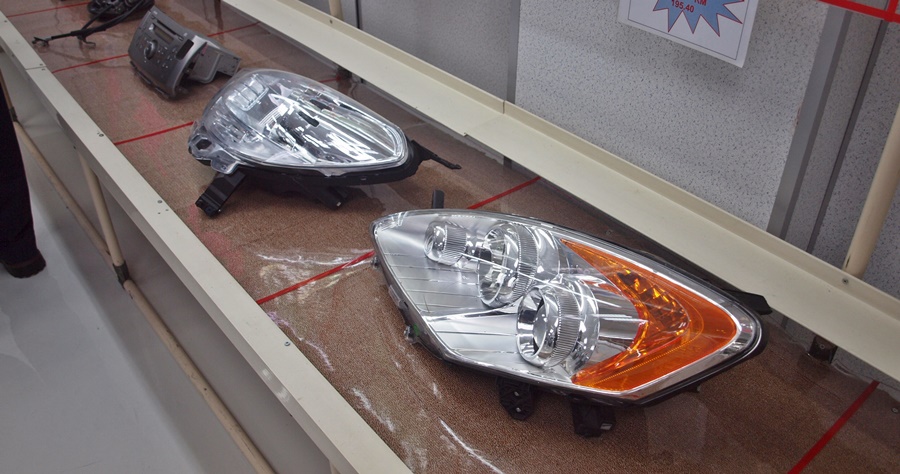
He added that a number of Malaysian suppliers are already part of Daihatsu’s global supply chain, and Perodua is working with the Ministry of International Trade and Industry to prepare more local suppliers to follow suit. “We are also focusing more on developing our dealers, including strengthening their operations and guiding them towards the adoption of global best practices to further improve customer satisfaction,” he added.
He explained that Perodua’s goal is to ensure its dealers’ business sustainability by providing guidance of best practices and the latest technology for growth. “We consider our dealers business partners in the same way Daihatsu is our business partner, and we are committed towards their prosperity as long as they, too, are committed to our goals.”
“Where products are concerned, our future offerings will better reflect contemporary trends without compromising our fundamentals – space, practicality, quality, dependability, fuel efficiency and unparalleled value,” said Dato’ Zainal.
Perodua aims for 9% increase in sales volume to 240,000 units in 2021


